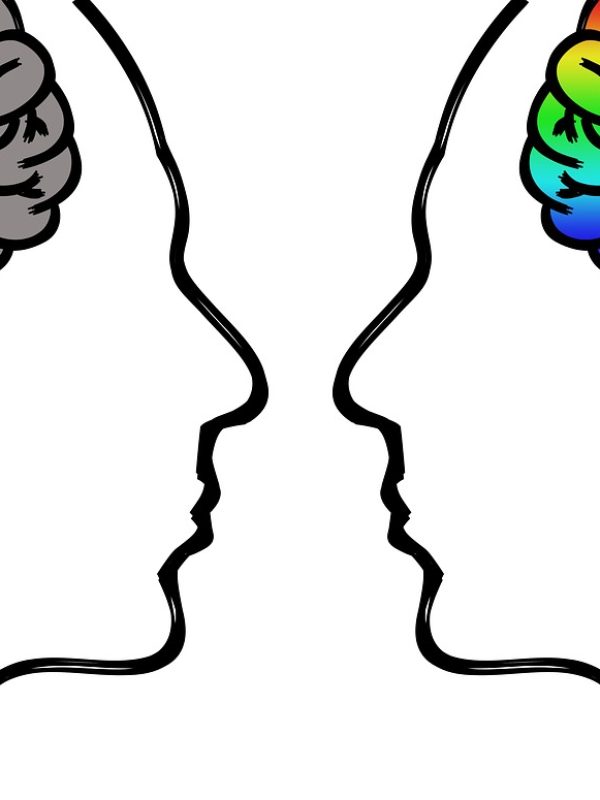Confidential
Empathetic Care
Holistic Approach
Empowering Patients
About Doctor

Dr. Shilpa
(MBBS, MD Psychiatry)
Dr Shilpa is a Psychiatrist & Therapist based in Hyderabad, India. She lays emphasis on providing empathetic care to holistically help patients overcome their mental struggles and not just treat the disorder in isolation. She believes that mental health is just as important as physical health. Her interest to understand human behaviors and love for scientific rationale is the foundation to guide her patients towards path of recovery. Not only is she passionate about treating patients but she also aims at spreading awareness and destigmatizing mental illness.
Dr Shilpa pursued her MBBS as a merit student from Kasturba Medical College, Manipal which is ranked among the top ten medical colleges in India and holds an MD in psychiatry from the renowned Institute of Mental Health, Osmania Medical College. She has published research papers in reputed journals and presented her work in national conferences.
TREATMENTS
Depression
Anxiety
Bipolar disorder
Post-traumatic stress disorder
psychosis
OCD
Substance abuse
OTHERS
Take action now to improve
Relationships
Confidence
Stress Management
Clear Thinking

Communication
Emotional Stability
Work/Academic Performance
Inner peace/Happiness
Frequently Asked Questions
Mental illness can range from addiction to drugs/alcohol to difficulty adjusting to recent changes in life to psychotic episodes. Usually, it is the interplay of biological (eg: genetic predisposition), psychological (eg: personality characteristics) and environmental (eg: living in extreme poverty) factors that lead to a particular type of mental illness.
Preventive measures can be taken to decrease the likelihood of developing a mental illness. Such measures include avoiding addictive drugs/alcohol, preventing neglect and abuse in childhood, maintaining a healthy social life and living a balanced lifestyle.
Any unusual change in one’s behavior or thinking patterns as compared to before. In general, one can look out for the following symptoms which commonly occur in mental illness
- Decreased concentration
- Pervasive sad mood
- Lack of interest in previously pleasurable activities
- Mood swings
- Getting tired easily
- Social withdrawal
- Change in sleeping and eating habits
- Anger outbursts
- Abuse of illegal drugs/alcohol
- Suicidal thoughts/ self harm
- Delusions/ hallucinations
Do not ignore or brush it off thinking “it’s only in the mind” or labelling the person as lazy or weak. Try to seek help of a mental health professional as soon as possible.
The major difference is that psychiatrists are medical doctors capable of evaluating and diagnosing a mental health condition. They are trained to evaluate the physical and psychological reason of symptoms as they have a sound understanding of how the mind and body work and interact with each other. They provide treatment in many modalities such as medications, therapies, and other physical treatments. Psychologists can’t prescribe medicines and can only provide treatment in the form of psychotherapy. Read full article here
Psychotherapy can be sufficient in certain mild mental health conditions. However, it is most often used in combination with medicines. In severe conditions psychotherapy is not a substitute for medicines.
Most psychiatric medicines aren’t addictive except for anxiolytics, hypnotics, and stimulants. However, these drugs are prescribed judiciously and are closely monitored by the physician.
Psychiatrists do counsel the patients regarding the nature of the disorder, best available treatment options, how family members can provide support to the patient. They do conduct therapies such as cognitive behavior therapy (CBT), crisis interventions, behavioral therapies, etc. depending on the condition of the patient. They may also choose to refer them to psychologists for further assistance.
Mental illness has no relation to the person being “weak hearted”. People do not choose to have mental health conditions. In fact, it requires considerable amount of courage to accept and seek help for mental illness.
Contact Us
Get in Touch
Email Address
Call Us
Social Media
ask doctor
Your information will be kept confidential
